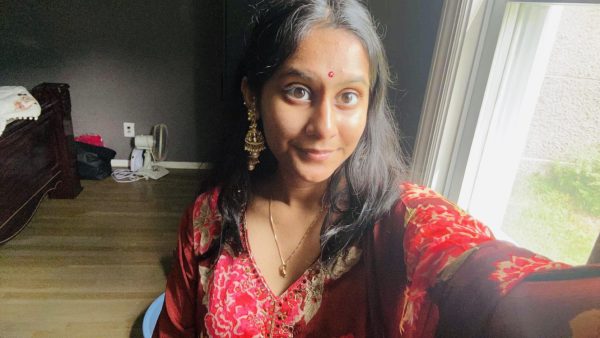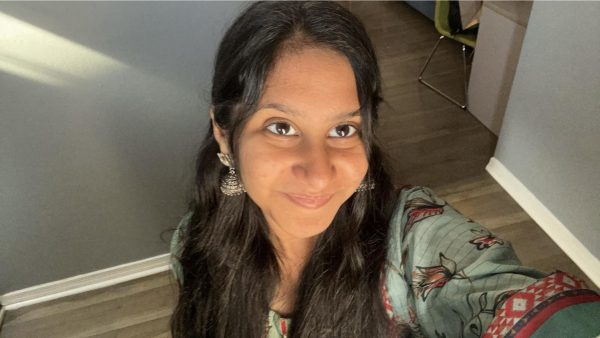A Thousand Teardrops and One Sacred Read
November 7, 2022
Fiction novel A Thousand Splendid Suns be best-selling author Khaled Hosseini is a heart-wrenching, haunting, and historical tale of two women in the war-torn city of Kabul in the 1990s. The novel begins with Mariam, a fifteen-year-old girl, raised by her poor mother who was ousted from the wealthy household of her father due to her affair with him as the family’s maid and the pregnancy of Mariam that followed. For the entirety of her life, Mariam yearns for her father’s attention and love, and though he visits her sometimes, she is forbidden from entering the lavish city life he lives with his wives and children. On the other hand, Mariam’s mother is a bitter woman who has always been aware of Jalil’s manipulations, and seeks to protect Mariam from the pain she knows is inevitable. Eventually, a broken promise leads to an unfortunate incident that results in Mariam’s life being in Jalil’s hands. Despite Mariam’s youth, the wives of Jalil convince him to get Mariam married–to a man thirty years older than she.
Nearly two decades into their marriage, tragedy strikes once again; this time, Laila, a young girl separated from her family due to the political unrest in Kabul, is pressured into joining Mariam’s painful and unhappy household. Though the beginning of Laila and Mariam’s relationship is filled with jealousy, hatred, and anger; the two begin to eventually find consolation within each other, fabricating a bond as close as mother and daughter.
As the Taliban continue to rule Kabul, the city that shines brighter than a thousand suns is suddenly filled with gunfire, bombs, and crippling hunger. The poverty struck Kabul in a way no one had expected, complicating the life of women who would now have to feed their starving families. As the chaos and disruption continues, the endurance of Afghani women is tested in unimaginable ways. Both women, married to Rasheed, face constant abuse from him while his anger towards each of their actions got more vulgar by the day.
Yet, if there is one thing stronger than war and hate and blood, it is love. This story is the perfect example of a relationship formed under terrible and dire circumstances yet the tale of the love of the two women leads them to triumph.
This narrative of Mariam and Laila represents what women had to endure every day in Kabul: the laws that were enforced upon them, the misogyny, and the clear violation of their human rights. Despite both of the women having different tales, the conversion of their lives creates a tragic, disturbing, and heartbreaking story. Hosseini dives deep into the harsh circumstances under which women had to live and the experiences they had to endure, unveiling the horrifying truth of the past which is often shoved under the rug in order to maintain a positive image.
It can’t get worse. That’s what readers think in every chapter of the book, and yet, as they move on, the impossibility suddenly starts to become possible. And yet, the strength of the two women is inspiring, and encouraging to all those girls out there who have been enduring this torture and are still enduring it.
While the book is filled with traumatic and sob-inducing moments, doctor-turned-author Hosseini does a splendid job of not letting the story blend into melodrama. He keeps the message clear and the plot realistic. He tells the story exactly as it may have happened, not to one, but to thousands of women in Kabul. There is pain, there is loss, but there is no surrendering for these women. Instead, Laila and Mariam learn to endure the pain that is given to them and continue to live rather than simply give up.
Hosseini’s writing style is descriptive yet concise. Having lived in the country for a majority of his life, he is able to deliver reality to the book. The novel is written in first-person, and despite him identifying as a man writing from the perspective of women, he does not disappoint. His sympathy for those who lived through the war is emphasized in every aspect of the book through his disturbing and thoughtful style of composition.
This book is at times so raw that there are many trigger warnings to keep in mind before beginning this tale because it focuses solely on what the life of women had become because of war. This book is a clear representation of the potential Afghani women have, but they are forced to hide because they are still under the fist of patriarchal domination. It brings light to the lack of privilege women possess in countries like Afghanistan and the hardships they face as a result.
























































































